In the megaproject entitled The Circular Region, students from different fields of study work together to achieve an ambitious goal that points directly to the UN’s 17 Sustainable Development Goals (SDGs): Northern Jutland must be the first circular region in the world. The megaproject is a collaboration with the municipality of Aalborg. The megaproject ends summer 2021.
If the region is to succeed in implementing this strategy, this will require a deep understanding of the dynamics which promote and, probably just as importantly, the dynamics which prevent the circular flow in Northern Jutland. Students from different fields of study will engage in interdisciplinary work aimed at finding solutions to these issues.
The megaproject has the following structure:
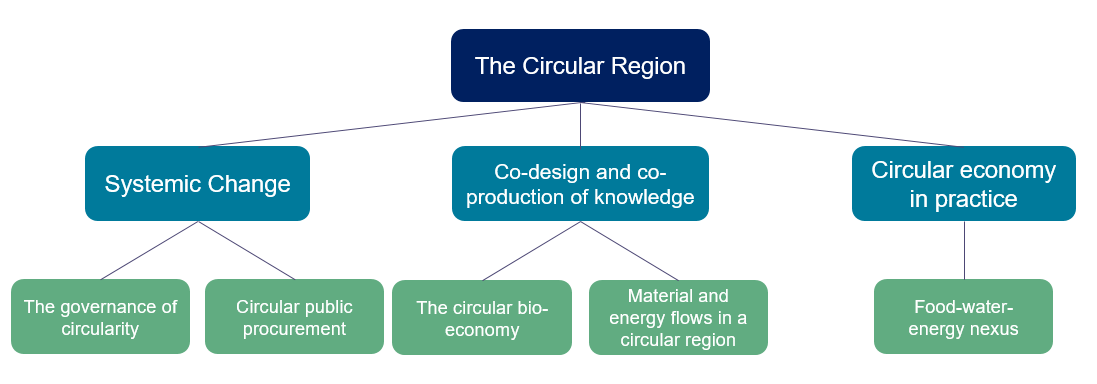
Goals in the megaproject
The megaproject are related to the following Sustainable Development Goals (SDGs):

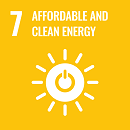

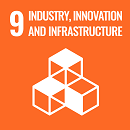
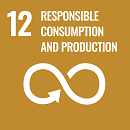
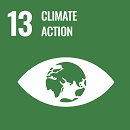
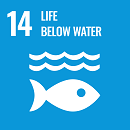
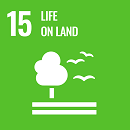
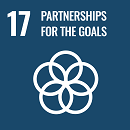
PARTICIPATE IN the MEGAPROJECT
Are you interested in this megaproject? Then please make a project proposal that fits under one of the challenges listed beneath. You can read more about the challenges here:
The governance of circularity
Which steps are necessary for North Jutland to become a circular region? How circular is it currently? Where are we currently in terms of law and regulation? and is North Jutland even motivated towards becoming circular? That and much more is up for investigation in this challenge.
Circular public procurement
How can the public procurements influence the circularity of North Jutland? The regulations on the area are vital to the chosen solutions, especially in terms of choosing suppliers - from contractors to laundies. This challenge invites projects that examines how everything from regulations to the individual supplier can become more circular in the public procurement practices.
the circular bio-economy
How does circularity look in terms of the excess materials that is a result of modern lifestyle and industry? This challenge looks into the possibilities for a change from fossil-based to bio-based solutions - what are the opportunities and which implications are apparent technologically, socially and economically?
Material and energy flows in a circular region
How can the use of materials become sustainable and support a circular approach? Which initiatives are necessary for the region of north Denmark to secure a circular output across sectors? What are the useful material flows, and how can they contribute to making north Denmark the first circular region in the world?
From demolition waste to circular construction
This challenge is merged with the challenge above from spring 2021.
The food-water-energy nexus of circular living
How is implementation of circularity in urban transformation and development possible? How both new and old areas be optimized to include coherence and smart solutions in circular loops? With this challenge it is possible to examine which solutions allows for least possible waste and instead converts it to value elsewhere in the chain.
See how you as a student submit your project proposal here
Setting the frame: focus areas
The three focus areas systemic change, co-design and co-production of knowledge and circular economy in practice sets the frame for the megaproject. The focus areas are normative for the megaproject and represents, in this megaproject, three different levels of circularity: 1. The overlying system, 2. Sectors and transversive collaborations, 3. Companies and practical initiatives. Click here to learn more about the focus areas.
